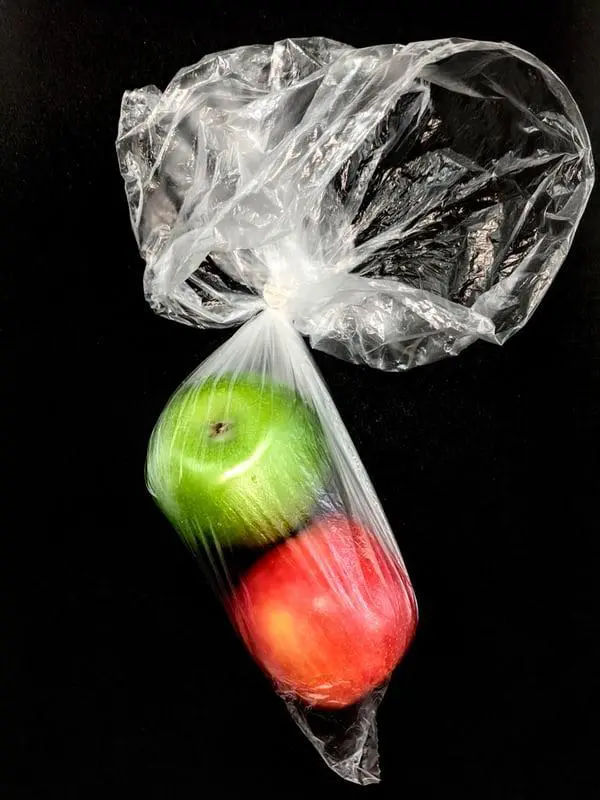Summary of our market study
The French bioplastics market is valued at over €800 million.
Bioplastics accounted for around 1% of total plastics production.
Europe is a key player in bioplastics production, with a quarter of the world's capacity, and Asia continues to lead production, with 45% of bioplastics manufactured.
Regulatory changes are encouraging the development of bioplastics by banning certain plastic products and imposing higher levels of plant-based materials.
Recycling bioplastics and the mixture of materials that cannot be processed by traditional systems remains highly complex.
Trends in demand for bioplastics on the French market
Packaging remains the dominant sector, accounting for over half of all bioplastics used.
Demand is driven by a heightened awareness of environmental issues and the search for more renewable, environmentally-friendly materials.
France accounts for around 3% to 4% of the global plastics industry's sales.
The French market offers significant growth potential.
Bioplastics can now be found in everything from automotive components to everyday items such as plastic bags.
One of the driving forces behind this trend is the packaging sector, which accounts for over half of the world's bioplastics consumption.
french regulations are gradually phasing out single-use plastics and supporting the development of bioplastics.
Bioplastics industry players
- Total and Corbion: Corbion, a global market leader in lactic acid, lactic acid derivatives and lactides, based in the Netherlands, aims to drive the industry forward with products based on polylactic acid (PLA) derived from renewable sugarcane resources.
- Braskem: originating from Brazil, Braskem presents itself as a petrochemical powerhouse that has gone green thanks to its biosourced production.
- Novamont: Italian innovator and full-fledged player in the bioplastics industry
- Akro-Plastic: dual expertise in traditional plastics and bioplastics embodies the transformation path taken by many large-scale manufacturers.
- Vegeplast: medium-sized specialist company, based in France
to understand this market
Detailed content of our market study
 Inforamtion
Inforamtion
- Number of pages : 35 pages
- Format : Digital and PDF versions
- Last update :
 Summary and extracts
Summary and extracts
1 Market overview
1.1 Presentation and definition
Bioplastics are a very broad category of plastics with special characteristics. A bioplastic is either biosourced that is to say, using manufacturing materials from biomass (sweet potato, sugar cane, etc.), or biodegradable i.e its decomposition reaches 90% after being in contact for six months with micro-organisms (bacteria, algae, fungi), oxygen, moisture or heat. Bioplastics may be both biosourced and biodegradable.
It is possible to use bioplastics at the same time during manufacturing :
- Disposable plastic objects
- Non-disposable plastic objects
The applications are numerous since bioplastics are present in many everyday objects (car parts, plastic bags...). The bioplastics market is currently in strong global growth This is encouraged by the desire of manufacturers to find solutions that are more renewable than traditional plastics and more environmentally friendly.
The French market is also booming with regulations concerning plastics that continue to evolve and should support the growth of the sector. The many applications and innovations in bioplastics should also contribute to sustainable growth in the sector for the coming years.
All our studies are available online in PDF format
Take a look at an example of our research on another market!
 Choosing this study means :
Choosing this study means :
Access to more than 35 hours of work
Our studies are the result of over 35 hours of research and analysis. Using our studies allows you to devote more time and added value to your projects.
Benefit from 6 years' experience and over 1,500 industry reports already produced
Our expertise enables us to produce comprehensive studies in all sectors, including niche and emerging markets.
Our know-how and methodology enable us to produce reports that offer unique value for money.
Access to several thousand articles and paid-for data
Businesscoot has access to all the paid economic press as well as exclusive databases to carry out its market research (over 30,000 articles and private sources).
To enhance our research, our analysts also use web indicators (semrush, trends, etc.) to identify market trends and company strategies. (Consult our paying sources)
Guaranteed support after your purchase
A team dedicated to after-sales service, to guarantee you a high level of satisfaction. +44 238 097 0676
A digital format designed for our users
Not only do you have access to a PDF, but also to a digital version designed for our customers. This version gives you access to sources, data in Excel format and graphics. The content of the study can therefore be easily retrieved and adapted for your specific needs.
 Our offers :
Our offers :
the bioplastics market | France
- What are the figures on the size and growth of the market?
- What is driving the growth of the market and its evolution?
- What is the positioning of companies in the value chain?
- Data from several dozen databases
Pack 5 études (-25%) France
- 5 études au prix de 74 €HT par étude à choisir parmi nos 1200 titres sur le catalogue
- Conservez -25% sur les études supplémentaires achetées
- Choisissez le remboursement des crédits non consommés au terme des 12 mois (durée du pack)
Consultez notre catalogue d’études sectorielles


















